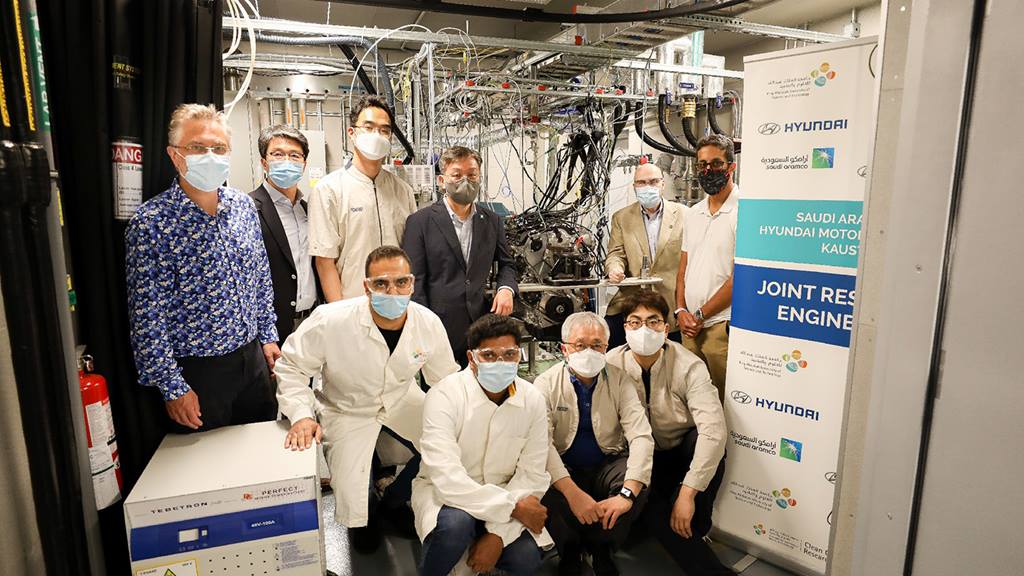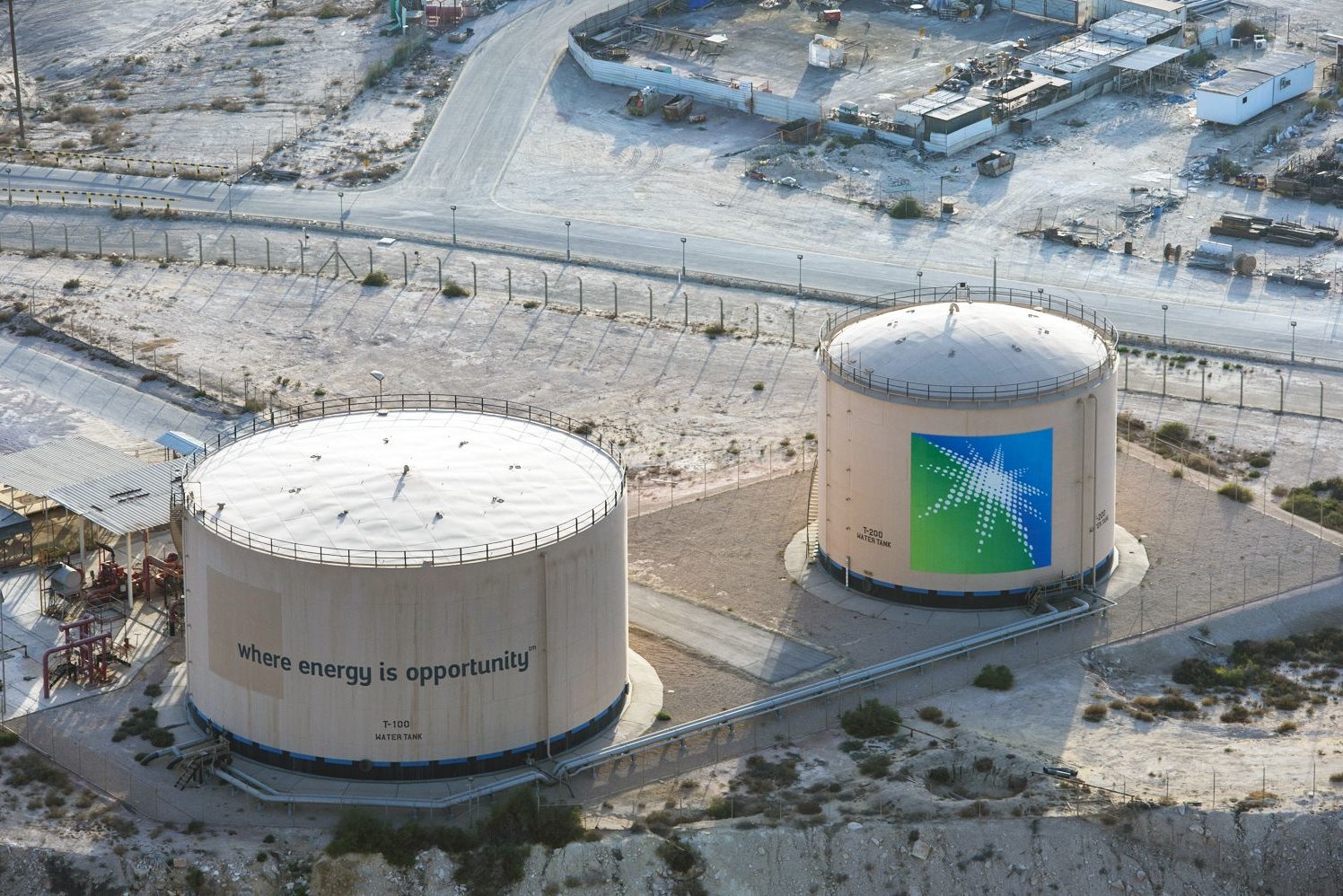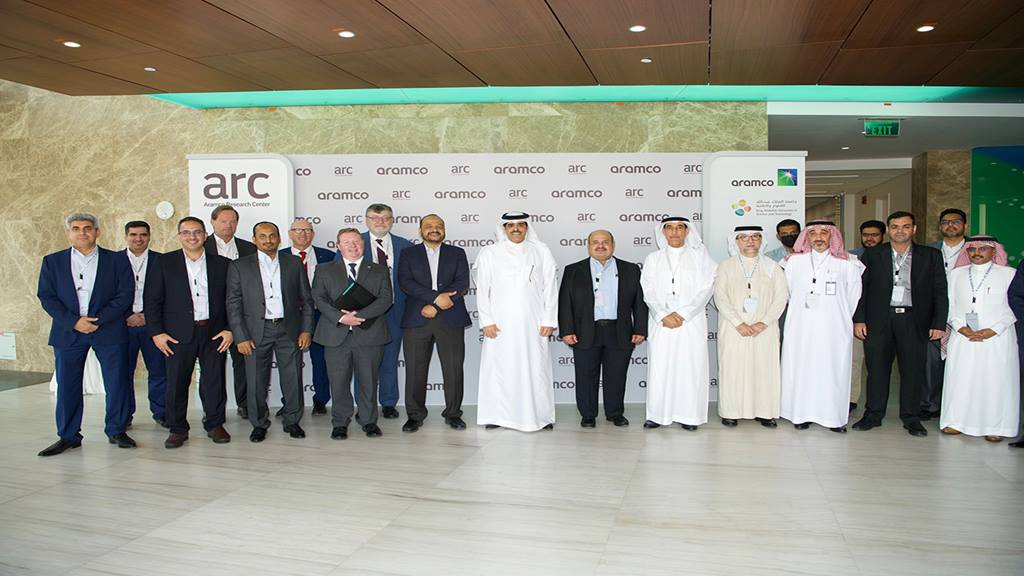Aramco and Hyundai Motor Group collaborate on advanced fuels for hybrid electric vehicles
Saudi Aramco

Aramco, Hyundai Motor Group, and King Abdullah University of Science and Technology (KAUST), have agreed to jointly research and develop an advanced fuel for an ultra lean-burn, spark-ignition engine that aims to lower the overall CO2 emissions of a vehicle.
The 2-year partnership seeks the development of an optimal fuel formulation for use in combination with a novel combustion system coupled with an electrified hybrid vehicle.
The research team aims to unleash greater CO2 reduction potentials by deploying Hyundai Motor Group’s ultra-lean burn combustion design in a modern hybrid vehicle.
Each party brings unique expertise to the partnership. Aramco, which has significant R&D and operational experience in fuel formulations, will leverage in-house expertise to carefully design an optimal fuel formulation. Hyundai Motor Group, with its automotive and technology leadership, will provide a state-of-the-art ultra-lean gasoline engine for use by the research team. The tests will be conducted by researchers in the Clean Combustion Research Center (CCRC) at KAUST.
Ahmad O. Al-Khowaiter, Aramco’s Chief Technology Officer said,
“As hybrid electrical vehicles are rolled out, the real challenge now lies in making strides with optimal fuels and exceptional combustion systems. The Aramco team provides fuel design and blending know-how to improve Hyundai Motor Group engine combustion performance and the outcome could lead to the application of synthetic e-fuels. This is a space in which we are pushing boundaries and we are excited to be part of it.”
Alain Raposo, Executive Vice President at Hyundai Motor Group, said:
“BEVs and FCEVs will be Hyundai Motor Group’s ultimate technologies to achieve carbon neutral mobility, while eco-friendly advanced ICE technology that combines eco-friendly fuel and ultra-lean burn engine will be the key to effectively reduce greenhouse gas emissions during our transition to EVs.”
Professor Donal Bradley, Vice President for Research of KAUST, said:
“Building more efficient and less polluting transport systems is a critical contribution to the circular carbon economy approach to tackling climate change. Our Clean Combustion Research Center is ideally placed to support this significant development with its excellent record in the development and optimization of lower-carbon fuels. We look forward to working closely with our colleagues in Aramco and Hyundai on this exciting project.”
Aramco‘s R&D efforts aim to accelerate transportation technologies that can reduce emissions and improve fuel efficiency. This entails partnerships with leading automakers worldwide through the company’s research centers in Dhahran, Paris, Detroit, and Shanghai.
Source: Aramco news





